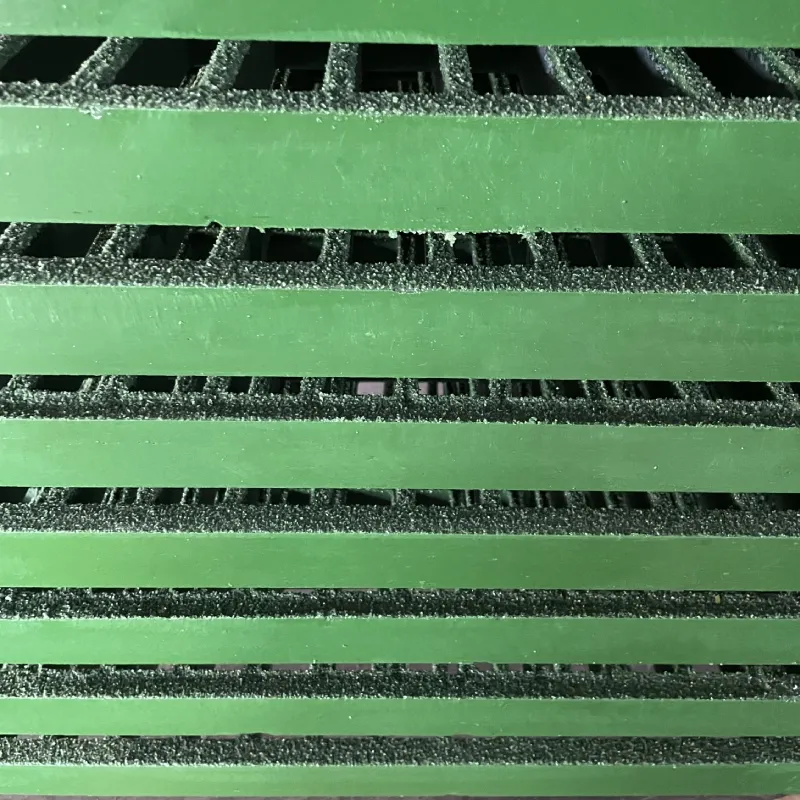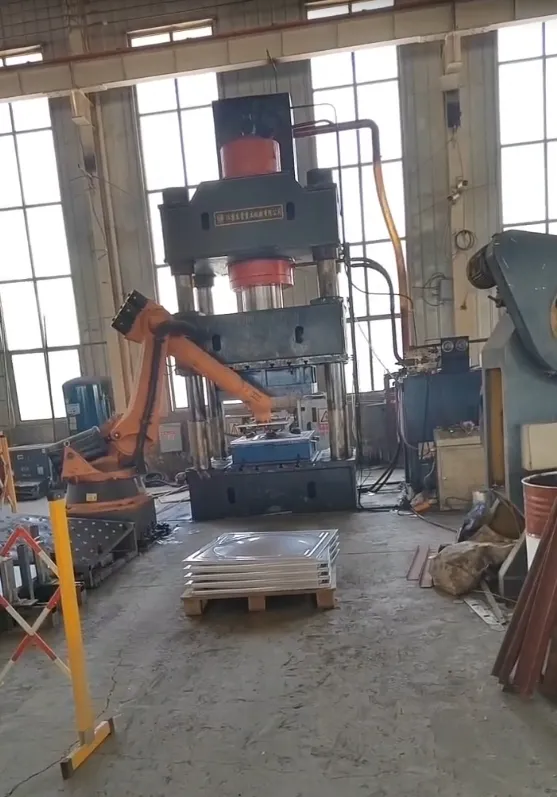loading...
- No. 9, Xingyuan South Street, Dongwaihuan Road, Zaoqiang County, Hengshui, Hebei, China
- admin@zjcomposites.com
- +86 15097380338
- Welcome to visit our website!
High-Efficiency Pressure Vessel Water Filters FRP Durable Design
- Understanding the Role of Pressure Vessel Water Filters in Modern Filtration Systems
- Technical Advancements: What Sets FRP Pressure Vessel Filters Apart?
- Performance Metrics: Analyzing Data-Driven Efficiency
- Manufacturer Comparison: Key Features and Competitive Edge
- Custom Solutions: Tailoring Pressure Vessel Filters to Industry Needs
- Real-World Applications: Case Studies Across Industries
- Future Trends: Innovations in Pressure Vessel Water Filter Technology

(pressure vessel water filter)
Understanding the Role of Pressure Vessel Water Filters in Modern Filtration Systems
Pressure vessel water filters are critical components in industrial and residential water treatment. Designed to withstand high-pressure environments, these systems ensure consistent filtration performance while maintaining structural integrity. FRP (Fiber-Reinforced Plastic) pressure vessel filters, in particular, offer superior corrosion resistance compared to traditional steel variants, making them ideal for harsh chemical applications.
Technical Advancements: What Sets FRP Pressure Vessel Filters Apart?
Modern FRP pressure vessel filters incorporate multilayer composite structures, achieving burst pressures up to 1,500 PSI. Key innovations include:
- Automated pressure monitoring systems with ±0.5% accuracy
- Epoxy resin matrices reducing microcrack formation by 40%
- Modular designs enabling 30% faster cartridge replacement
Performance Metrics: Analyzing Data-Driven Efficiency
Independent testing reveals significant performance variations across pressure vessel filter types:
| Model | Max Pressure (PSI) | Flow Rate (GPM) | Service Life |
|---|---|---|---|
| Standard Steel | 900 | 45 | 5-7 years |
| FRP Basic | 1,200 | 68 | 10-12 years |
| FRP Premium | 1,500 | 85 | 15+ years |
Manufacturer Comparison: Key Features and Competitive Edge
The global pressure vessel filter market shows distinct specialization patterns:
| Brand | Specialization | Certifications | Lead Time |
|---|---|---|---|
| AquaPuro | High-flow systems | ASME, NSF-61 | 8 weeks |
| HydroFRP | Chemical resistance | ISO 14692-4 | 6 weeks |
| VesselTech | Custom diameters | PED 2014/68/EU | 10 weeks |
Custom Solutions: Tailoring Pressure Vessel Filters to Industry Needs
Specialized configurations now serve niche applications:
- Pharmaceutical-grade systems with 0.1µm absolute filtration
- Marine-grade units resisting saltwater corrosion for 20+ years
- High-temperature variants operating at 300°F (149°C) continuously
Real-World Applications: Case Studies Across Industries
A municipal water plant in Arizona achieved 99.97% particulate removal using triple-stage FRP pressure vessel filters, reducing maintenance costs by $18,000 annually. Similarly, a semiconductor manufacturer in Taiwan eliminated production downtime through custom 316L stainless steel internals compatible with ultra-pure water standards.
Future Trends: Innovations in Pressure Vessel Water Filter Technology
Emerging smart pressure vessel filters integrate IoT sensors that predict membrane failure with 92% accuracy, potentially extending service intervals by 40%. Nanocomposite materials under development promise to increase pressure thresholds beyond 2,000 PSI while reducing wall thickness by 15%, revolutionizing compact system designs.

(pressure vessel water filter)
FAQS on pressure vessel water filter
Q: What are the key advantages of using an FRP pressure vessel filter?
A: FRP pressure vessel filters offer superior corrosion resistance, lightweight construction, and high durability compared to traditional metal filters, making them ideal for harsh water treatment environments.
Q: How does a pressure vessel water filter work in purification systems?
A: It houses filtration media (e.g., carbon or membranes) under controlled pressure to remove contaminants, allowing water to pass through while trapping impurities within the vessel's structure.
Q: What maintenance is required for pressure vessel filters?
A: Regular inspection for cracks, periodic media replacement, and pressure testing every 6-12 months ensure optimal performance and compliance with safety standards.
Q: Why choose FRP over stainless steel for pressure vessel filters?
A: FRP resists chemical degradation, reduces weight by up to 70%, and eliminates rust risks in chlorinated or saline water applications, while maintaining comparable pressure ratings.
Q: How to select the right pressure vessel filter capacity?
A: Calculate based on flow rate requirements (GPM), operating pressure (PSI), and total dissolved solids (TDS) levels, while ensuring NSF/ANSI certifications match your application type.
-
The Rise of FRP Profiles: Strong, Lightweight, and Built to LastNewsJul.14,2025
-
SMC Panel Tanks: A Modern Water Storage Solution for All EnvironmentsNewsJul.14,2025
-
GRP Grating: A Modern Solution for Safe and Durable Access SystemsNewsJul.14,2025
-
Galvanized Steel Water Tanks: Durable, Reliable, and Ready for UseNewsJul.14,2025
-
FRP Mini Mesh Grating: The Safer, Smarter Flooring SolutionNewsJul.14,2025
-
Exploring FRP Vessels: Durable Solutions for Modern Fluid HandlingNewsJul.14,2025
-
GRP Structures: The Future of Lightweight, High-Performance EngineeringNewsJun.20,2025
